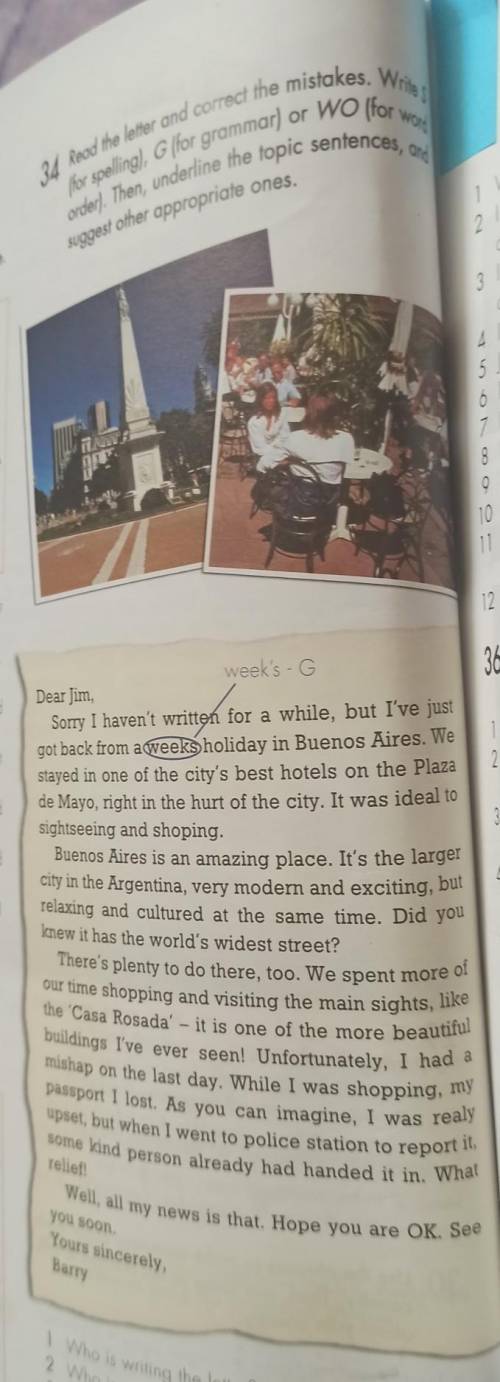
3) I don't want to go out. If I wanted to go out, I'd go.
4) We haven't got a key. If we had a key, we could get into the house.
5) I'm not hungry. I would have something to eat if I were hungry.
6) Sue enjoys her work. She wouldn't do it if she did not enjoy it.
7) You can't drive. If you could drive, I would lend you my car.
8) He speaks too fast. I could understand him better if he spoke more slowly.
9)I have a lot to do today. If I didn't have so much to do, we could go out.
1.
1) The blind can learn to read with the help of their fingers.
2) She became - blind at the age of ten.
3) She looked - young enough to be his daughter.
4) This government has helped the rich but has done nothing to help the poor.
5) A special school for the deaf is being built in our town.
6) Mr Morrison asked us to speak more loudly, as he was rather - deaf.
7) The deaf, the blind and the dumb are the categories of people who may have problems finding a job.
8) This part of the city is - old and very beautiful.
9) What do we call people who can't hear: do we call them the deaf or the dumb?
10) Alice is too - young to drive a car.
11) The number of - unemployed people is rising all the time.
ПРАВИЛО:
The + прилагательное
The употребляется со следующими
прилагательными:
the old, the young, the rich, the poor,
the blind, the deaf, the sick, the dead,
the disabled, the unemployed, the injured
- After the concert money will be collected for the poor.
- Life is not easy for the unemployed.
Помните, что эти слова не могут использоваться отдельно, как существительные. Вы должны сказать:
a deaf woman , a young man.
Или во множественном числе:
deaf women,young men